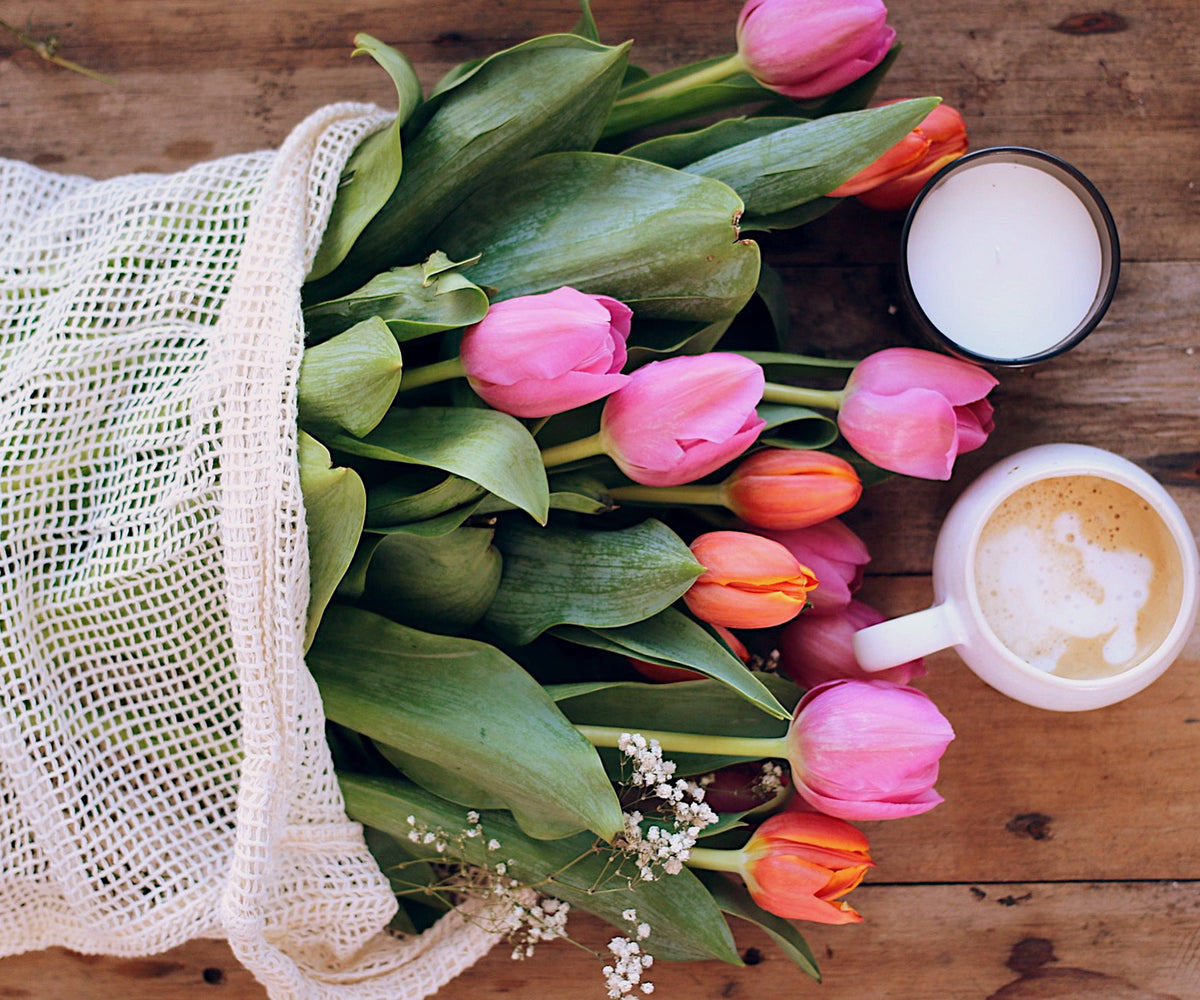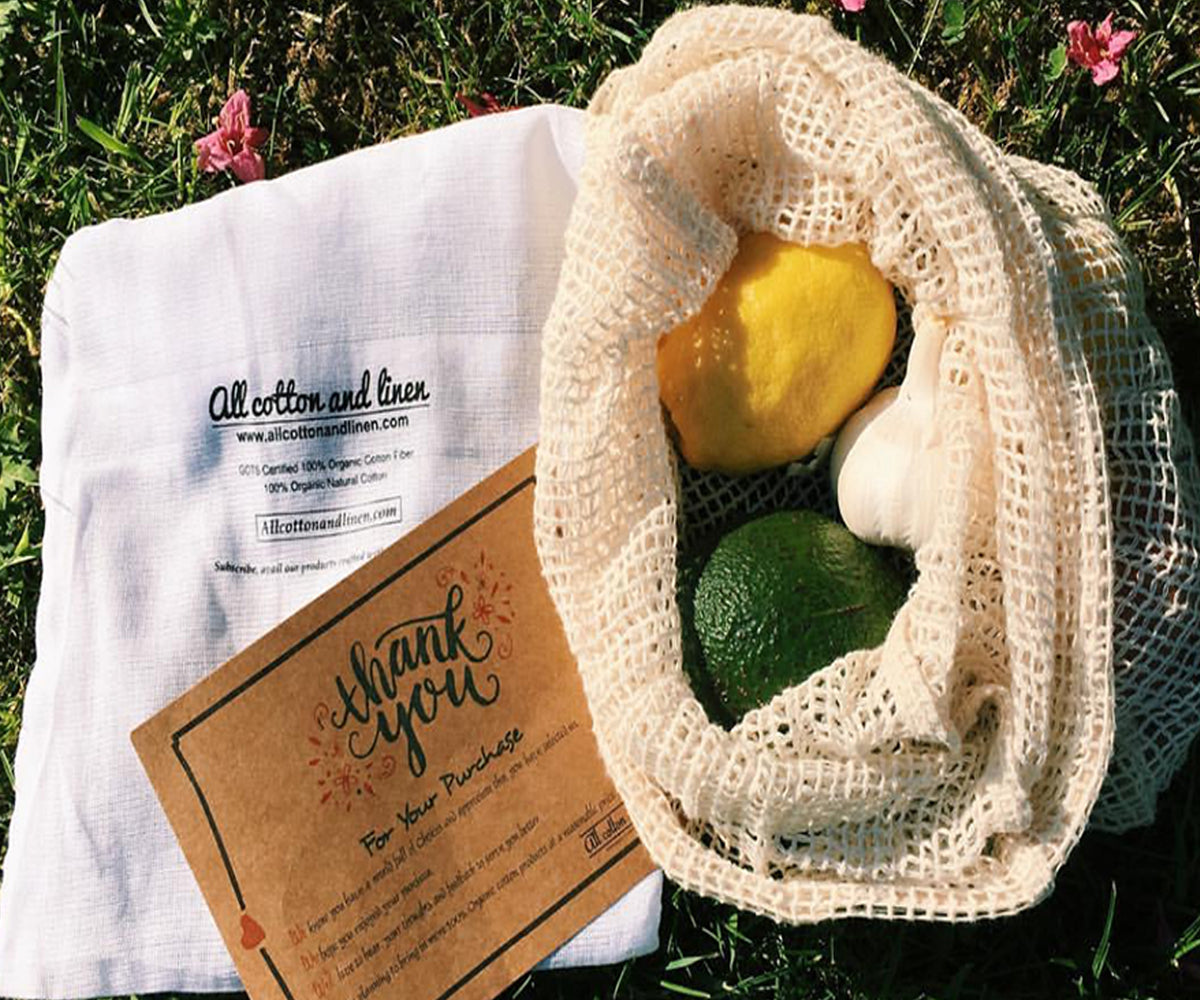Understanding the Basics of Fresh Herb Storage
Fresh herbs are living plants, and once harvested, they begin to lose moisture and nutrients. The key to prolonging their freshness is to slow down this process by providing the right conditions. Generally, herbs can be categorized into two types: tender herbs and hardy herbs. Tender herbs, such as basil, cilantro, and parsley, have soft stems and are more delicate. Hardy herbs, like rosemary, thyme, and sage, have woody stems and can withstand tougher conditions.

Storing Tender Herbs
Tender herbs are the most sensitive and require more care when it comes to storage. Here's how to keep them fresh longer:
1. Water Method
One of the best ways to store tender herbs like basil and cilantro is by treating them like a bouquet of flowers.
- Step 1: Trim the ends of the herb stems.
- Step 2: Fill a jar with an inch of water and place the herbs in the jar, stems down.
- Step 3: Cover the jar loosely with a plastic bag or reusable cover to create a humid environment.
- Step 4: Store the jar in the refrigerator (except for basil, which should be kept at room temperature).

This method not only keeps the herbs fresh for up to two weeks but also reduces the need for plastic bags, making it a sustainable option.
2. Damp Kitchen Towel Method
Another effective method for tender herbs is using a wet cotton dish towel:
- Step 1: Rinse the herbs and shake off excess water.
- Step 2: Lay them on a wet dish towel and roll it up.
- Step 3: Place the rolled herbs in a reusable bag or container and store them in the refrigerator.
This method helps to retain moisture without causing the herbs to rot. Opt for sustainable paper towels or cloth towels to make this method more environmentally friendly.
Storing Hardy Herbs
Hardy herbs are easier to store due to their robust nature. Here are two sustainable methods:
1. Dry Storage
For hardy herbs like rosemary and thyme, dry storage works wonders:
- Step 1: Tie the herbs in small bundles using a natural twine or string.
- Step 2: Hang the bundles upside down in a cool, dark, and well-ventilated area.
Within a week or two, the herbs will be completely dried and can be stored in airtight containers. Drying herbs not only extends their shelf life but also concentrates their flavor, making them a great addition to your spice rack.
2. Freezing
Freezing is a great way to preserve hardy herbs:
- Step 1: Rinse and dry the herbs thoroughly.
- Step 2: Chop the herbs and place them in ice cube trays.
- Step 3: Fill the trays with water or olive oil and freeze.

Once frozen, transfer the cubes to a reusable freezer bag. This method allows you to use pre-portioned herbs whenever needed, reducing waste and keeping herbs fresh for months.
Sustainable Packaging Solutions
When it comes to storing herbs, the materials you use play a significant role in sustainability. Traditional plastic wraps and bags are not eco-friendly. Here are some sustainable alternatives:
- Reusable Silicone Bags: These are great for storing herbs in the refrigerator or freezer. They are durable, washable, and reduce single-use plastic waste.
- Beeswax Wraps: Beeswax wraps can be used instead of plastic wraps. They are made from natural materials and are compostable.
- Glass Containers: Storing herbs in glass jars or containers not only keeps them fresh but also eliminates the need for plastic.
When storing fresh herbs, opting for sustainable packaging solutions like mesh bags, string bags, and muslin bags is a great way to keep herbs fresh while minimizing environmental impact. Mesh bags provide excellent air circulation, preventing moisture build-up and extending the life of hardy herbs.
String bags are ideal for hanging and drying herbs like oregano, while muslin bags protect delicate herbs from excessive light and air exposure. These options are not only effective but also reusable, making them a more eco-friendly choice compared to traditional plastic bags.
Purchasing these bags from the All Cotton and Linen Online Store ensures that you’re using products made from 100% organic cotton, supporting sustainable practices. Their durable, reusable, and biodegradable bags help reduce single-use plastic waste and can be used for various purposes around the home, reinforcing your commitment to sustainability.
Composting Herb Waste
Even with the best storage methods, some herbs may eventually wilt or become unusable. Instead of tossing them in the trash, compost them. Composting herb waste returns valuable nutrients to the soil, promoting a healthy garden and reducing landfill waste.
The Importance of Herb Preservation
Preserving herbs is not just about extending their shelf life; it's also about reducing food waste. In the United States, a significant portion of food waste comes from households. By properly storing and preserving herbs, we can minimize waste and contribute to a more sustainable food system.
Growing Your Own Herbs
One of the most sustainable ways to ensure a constant supply of fresh herbs is to grow your own. Whether you have a garden or just a windowsill, growing herbs at home is easy and rewarding. Here are some tips:
- Choose the Right Herbs: Start with easy-to-grow herbs like basil, mint, or thyme.
- Use Organic Soil: Ensure that your herbs are chemical-free by using organic soil and fertilizers.
- Water Wisely: Herbs generally prefer well-drained soil, so be careful not to overwater.
By growing your own herbs, you eliminate the need for plastic packaging and reduce your carbon footprint.











